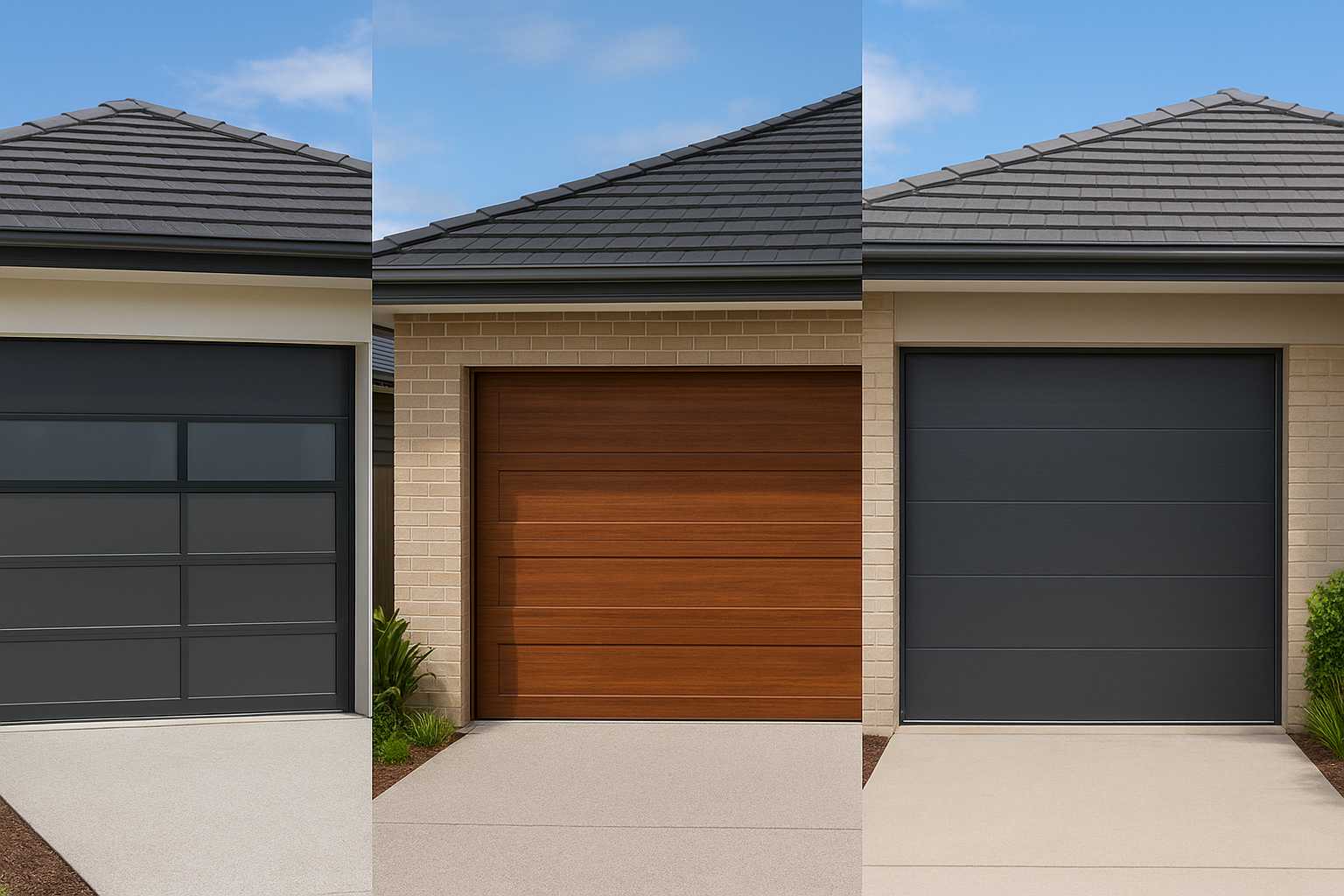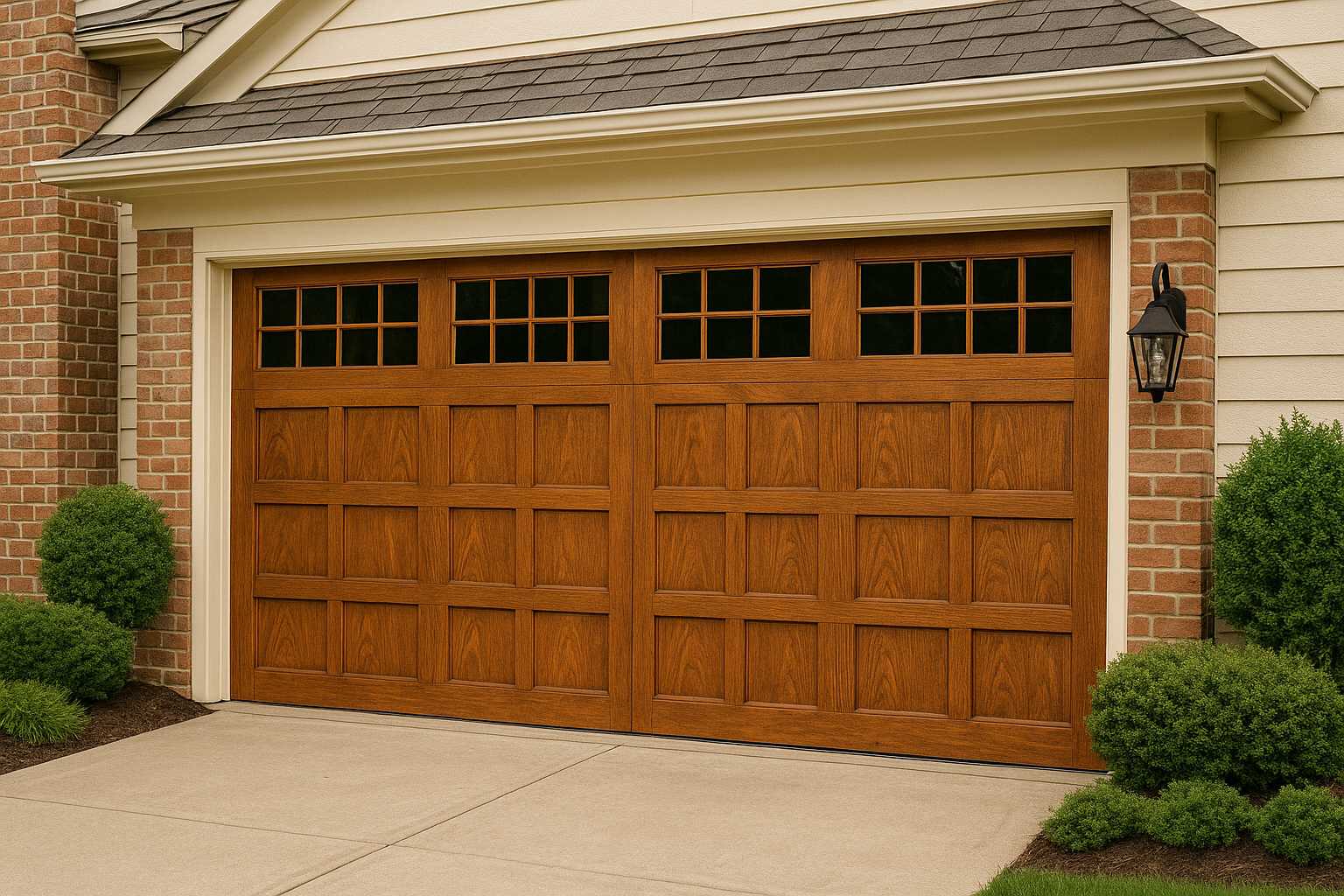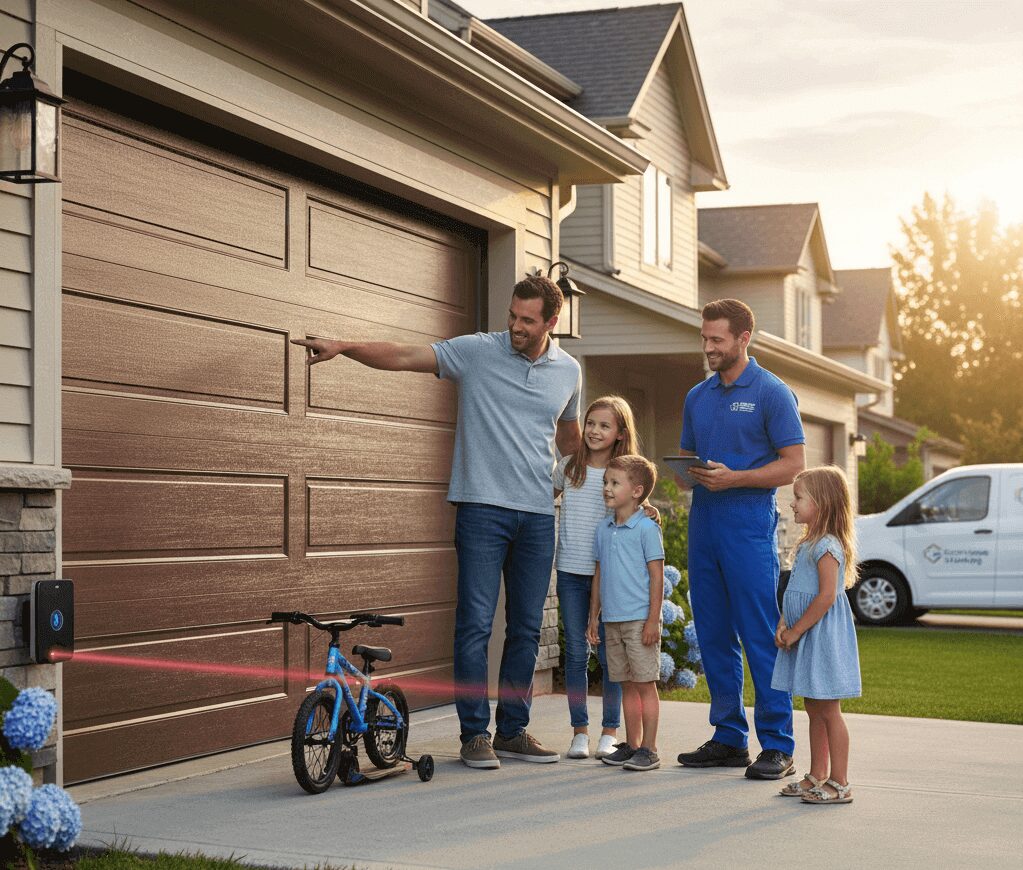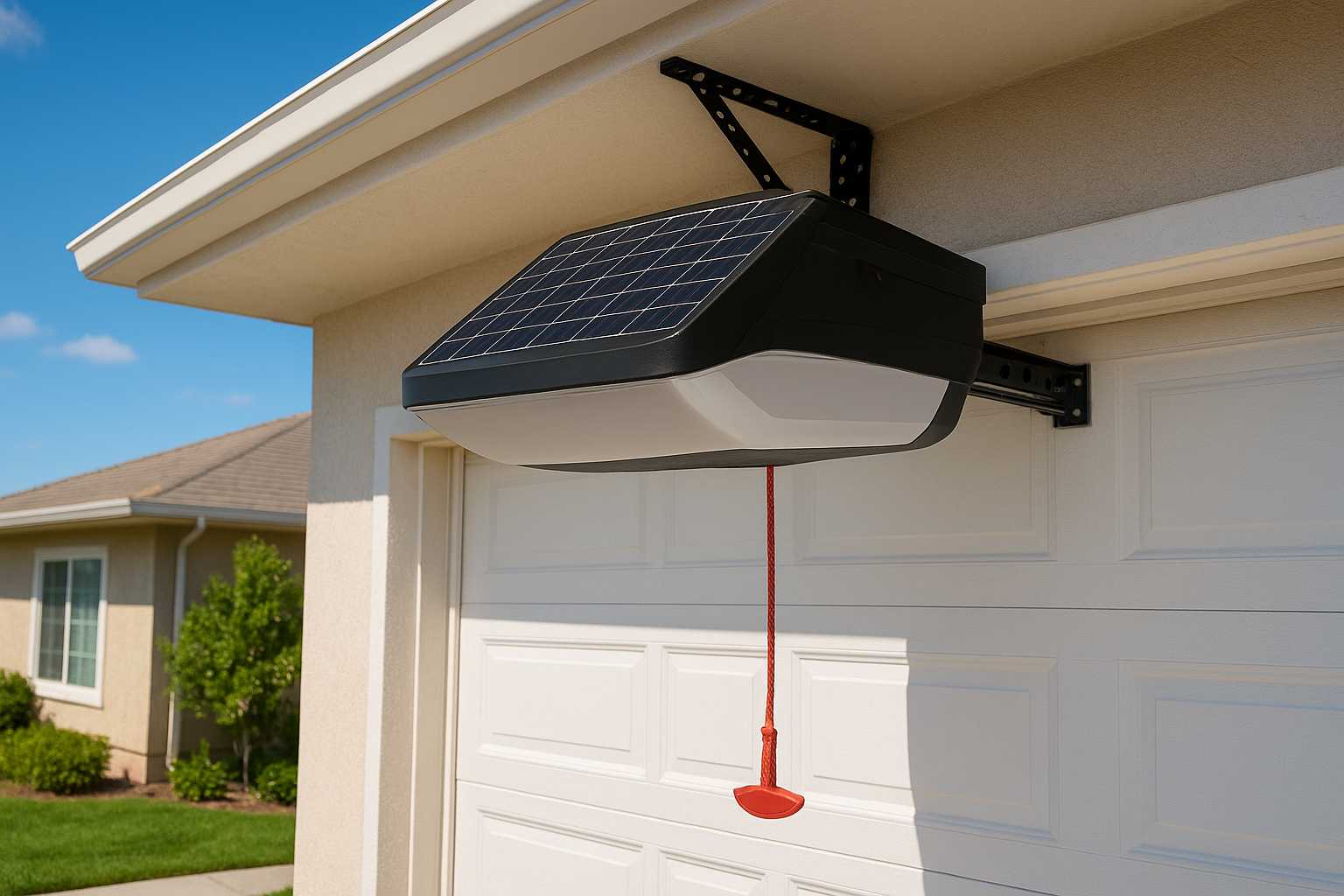If you’re planning to sell your home, you might be wondering how much impact a residential garage door can have on your property’s value. You’d be surprised; a garage door is more than just a functional entryway—it plays a significant role in enhancing curb appeal, offering security, and boosting energy efficiency. Let’s dive into why an upgraded garage door could be the key to attracting potential buyers and elevating your home’s market value.
The Impact of Curb Appeal
First impressions matter, especially in real estate. The exterior of your home gives potential buyers their first glimpse, and a stylish, well-maintained garage door can substantially increase your home’s curb appeal. It’s almost like your home’s smile.
Picture this: you’re driving past a house that’s on the market. What’s the first thing that draws your attention? For many Australians cruising the ‘burbs, it’s the garage door. If it looks sleek, modern, and well-kept, it sets the tone for the rest of the house.
Customisation and Design
When it comes to customisation, garage doors offer heaps of options. Whether you’re after a classic wood finish for a rustic vibe or a snazzy aluminium for a contemporary look, the choice of materials and design can make your home a standout. Remember, the garage door should complement the architectural style of your home to truly boost its appeal.
Security and Peace of Mind
Beyond adding visual appeal, a garage door can significantly enhance the security of your home—an important factor for most buyers. Sturdy construction, robust locking mechanisms, and modern security features make a garage door a true protector of your domain.
Smart Home Integration
Integrating your garage door with smart home technology can offer an extra layer of security and convenience. Features such as smart openers, security cameras, and motion-activated lights not only make your home a tough nut for would-be intruders but also a modern marvel in the eyes of tech-savvy buyers.
Energy Efficiency and Sustainability
In our sunburnt country, energy efficiency is more than just a buzzword—it’s a way of life. An insulated garage door can be a worthwhile upgrade, particularly if your garage is adjacent to living areas.
These doors can significantly improve overall home insulation, aiding in temperature regulation and potentially reducing energy bills. With Australians increasingly valuing sustainability and energy efficiency, such features can be a compelling selling point.
Types of Residential Garage Doors
When considering an upgrade, it’s essential to know the different types of residential garage doors available and what each can offer in terms of functionality and style.
Sectional Garage Doors
Sectional garage doors are a popular choice, renowned for their energy efficiency and versatility in design. Comprised of multiple horizontal panels, they operate seamlessly with or without an automatic opener. You can choose from materials like steel, aluminium, wood, and composite to match your home’s aesthetics.
Roll-Up Garage Doors
Ideal for garages with limited ceiling space, roll-up doors are durable and offer space efficiency. Their interlocking slats and reinforced guides make them a top pick for those considering security as a priority.
Tilt-Up and Retractable Doors
Tilt-up, canopy, and retractable doors are known for their smooth operation. The retractable variant doesn’t protrude into the driveway, making it a safer and space-friendly option.
Hinged and Side-Sliding Doors
Hinged doors, reminiscent of traditional carriage house doors, offer a rustic charm and can be customised with decorative hardware. Side-sliding doors operate horizontally, perfect for garages with unique layouts or limited overhead space.
Choosing Materials for Your Garage Door
Your choice of material affects not only the door’s aesthetic appeal but also its durability and maintenance requirements.
Steel Doors
Steel is a top choice for its durability and low maintenance. It can mimic various styles from traditional to ultramodern, providing strength without compromising on looks.
Wooden Doors
For that quintessential classic look, nothing beats wood. However, those considering wood should be mindful of the maintenance required to prevent warping and rot.
Aluminium Doors
Aluminium doors offer a sleek, lightweight option, and their resistance to corrosion makes them suitable for coastal areas. They can be paired with glass for a modern, airy feel.
Additional Features to Consider
When selecting a garage door, adding features that enhance your home’s livability and security can further entice potential buyers.
Insulation
Opt for doors with double or even triple-layer construction for better energy efficiency and noise reduction.
Security Measures
Boost security with robust locks and consider adding motion-activated lighting for safety and energy savings. Smart home integration can offer advanced security features, creating peace of mind for you and future buyers.
Installation and Maintenance
Proper installation is crucial for the functionality and longevity of your garage door. It’s wise to consult professionals to ensure the job’s done right. Regular maintenance, such as lubrication of moving parts and checking the integrity of the door and opener, will keep it operating smoothly.
Final Thoughts: Boost Your Home’s Market Appeal
A residential garage door might seem like a minor detail, yet it’s a powerful player in your home’s resale value. By investing in a high-quality, aesthetically pleasing, and secure garage door, you not only protect your property but also captivate potential buyers, making your home a more appealing purchase.
As you consider what’s best for your home, keep in mind these aspects and you’ll likely see a return on investment—both in home value and peace of mind. After all, in the competitive real estate market, it’s the little things that often make the biggest difference.







